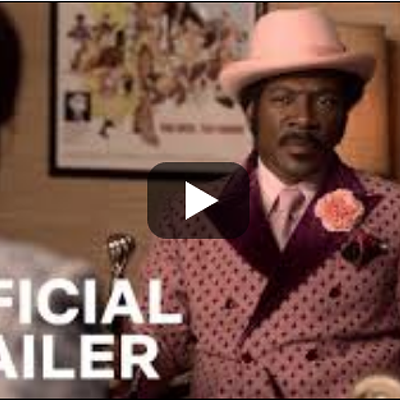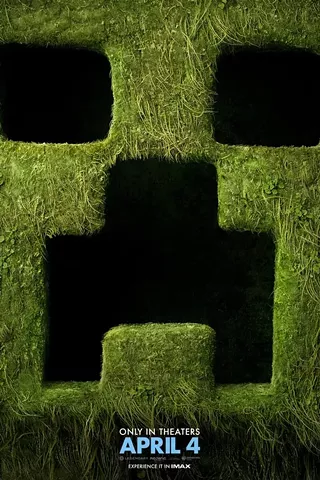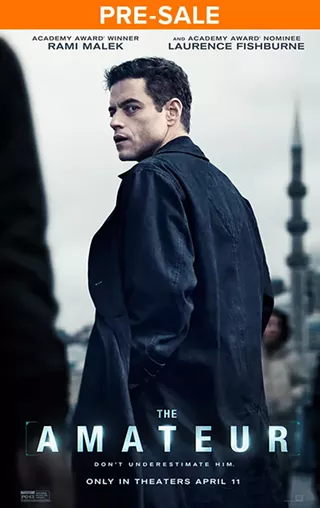And yet, somehow, something was missing. Something we all felt and could barely put into words. Something like a horse that talks. Something which, in dark and secretive chambers, we name, in hushed whispers: "Mr. Ed."
Well, whisper and wait no more: It seems that long-dead Polish filmmaker Krzysztof Kieslowski has pushed a moldy hand through the dank soil of his grave to deliver one final script, The Big Animal, which is basically a European art-film enhancement of the original Mr. Ed concept.
Instead of a talking horse, a mute, but beautiful, camel shows up one day in the garden of Mr. and Mrs. Sawicki. Living in a tiny Polish village, the Sawickis draw a great deal of attention by housing the titular big animal, which, while quiet and peaceful and, apparently, loving (in the way that only true Bactrian camels can love), is also something of an anomaly in rural Poland.
Children come to throw apples at it; neighbors complain; and, for the most part, people are offended by the existence of a beast which is not even mentioned in any of the town's ordinances or tax laws.
Indeed, working as a clerk, Mr. Sawicki's life has been largely camel-free until that day when, in late middle age, he acquired his first camel. He is summoned repeatedly before magistrates, town officials and tax clerks, who ask him the question that seems drawn from the minds of America's foreign policy experts: "What if everyone wanted a camel?"
To which Sawicki replies, "But no one but me wants to have a camel!" I think we've all felt that way.
This may be the most existential camel-movie ever made. Mr. Sawicki is played with overwhelming understatement by Jerzy Stuhr, who really seems like the kind of guy who had previously lived a completely camel-free life. Sawicki says little, and when he is without his camel, he seems to have the quiet desperation that Henry David Thoreau mentioned when he, too, was without camel.
But when Sawicki takes his camel on its daily walk through the streets and fields of the village, he acquires a Buddha-like happiness, the enlightened joy that only a humped creature can give.
Of course, such great repose of heart cannot last, and the camel, which delivered to the Sawicki's their greatest joy, also winds up being the source of their greatest sorrow. The camel has disturbed the order of the village, and as such, it is a magnet for the worst forms of disorder.
The best thing about the camel is that it's not a metaphor or symbol. It's a camel. But the film is not just a film about camels and the love they bring to middle-aged Polish people. Or maybe it is, but in the deep way that only the screenwriter of some of the best films of the '80s and '90s can deliver.
The Big Animal is also a great-looking film. It's shot in my two favorite colors: black and white. It's not the colors, though, that really make this film work, but the brilliant framing of cinematographer Pawel Edelman. Every frame could be extracted as a stand-alone still shot.
Beyond the beauty of the cinematography, the perfectly sad and comic tone of the script, and the spot-on performances by Jerzy Stuhr as Sawicki, Anna Dymna as Mrs. Sawicki, and the camel as The Camel, this film enjoys the distinction of absolute economy. Coming in at 73 minutes, it says and does everything it needs to and nothing else.
It's basically the film Becket would make if he were capable of real joy, or Ionesco if he could put aside the impossible and settle for the absurd. It's a film that lets us know that a surprise camel always bodes ill, but that our only chance for joy in life is to love our camels while we have them.
So please, go see The Big Animal, and when the magical final scene plays, I assure you, even the most hard-hearted anti-camelists amongst you will weep from the joy and beauty of life's brief, Bactrian moments.












